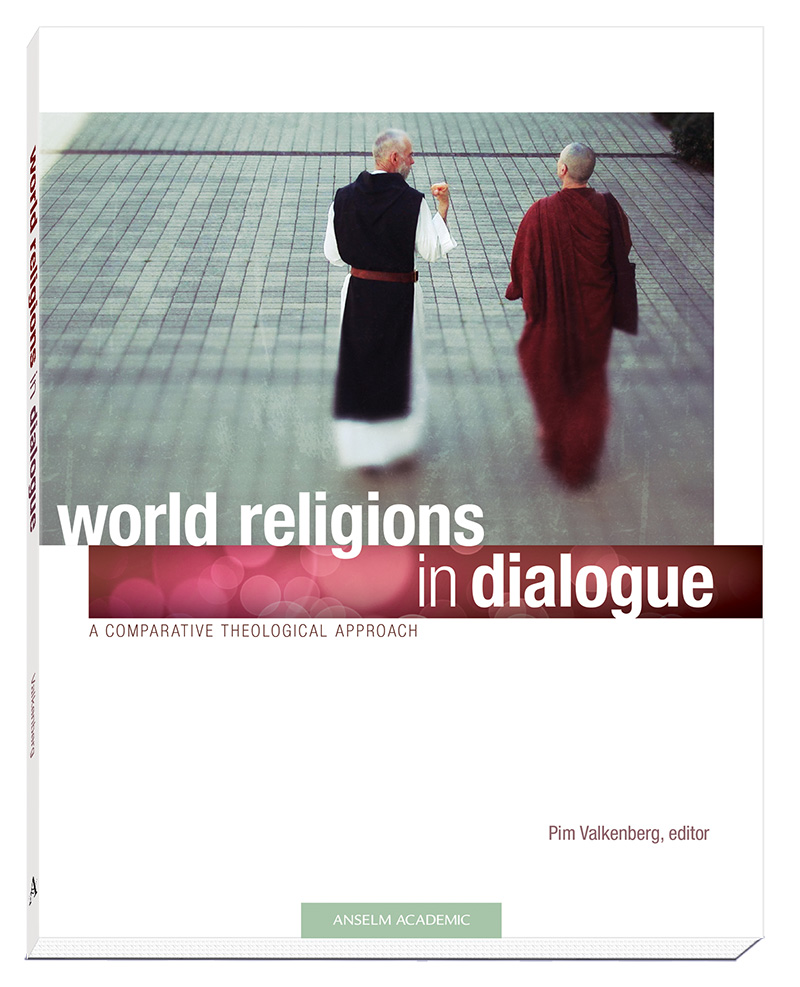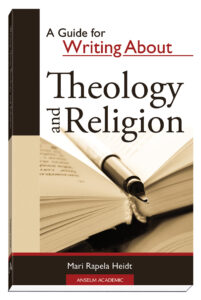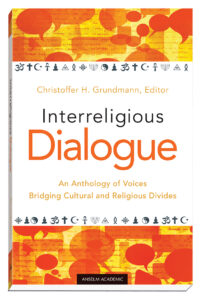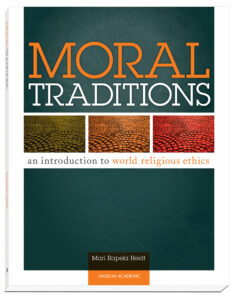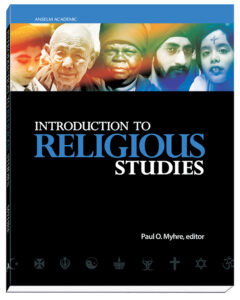World Religions in Dialogue
A Comparative Theological Approach
About This Book
Overview
Gain fresh insight into world religions through the interplay of insider and outsider viewpoints
The landscape of cultural and religious diversity is changing. Of the population that migrates across international borders, one in five comes to the United States, a number that is three times that of any other country according to research from the Pew Forum on Religion & Public Life. As a result, more and more people are living in close companionship with religious others in cities, neighborhoods, homes, and classrooms. This change has made it increasingly evident that the old science of religions approach to teaching and learning about world religions is no longer adequate.
World Religions in Dialogue encourages a deep understanding by modeling a way to learn about world religions that moves beyond information into actual encounters with religious others. The book’s unique approach includes insider and outsider perspectives of four major non-Christian world religions through dialogue between Christian scholars of these religions, and Hindu, Buddhist, Muslim, and Jewish scholars of their own religions.
With insider and outsider analysis of sacred text excerpts, glossaries, full-color photographs throughout, and thought-provoking questions for discussion and further research, World Religions in Dialogue is that rare book that models learning from and with religious others rather than just about them.
Details
| Weight | 1.4 lbs |
|---|---|
| Dimensions | 7.25 × 1.5 × 9.125 in |
| Format | Softcover |
| Print ISBN | 978-1-59982-083-5 |
| Pages | 278 |
| Item # | 7051 |
|---|
Customer Reviews
“The great strength of this rich, interesting book is that it offers the perspective of both an outsider and an insider for Judaism, Islam, Hinduism, and Buddhism. In the interplay between the two viewpoints, these world religions are illuminated in a fresh way for a Western Christian audience. The review questions, glossaries, and annotated bibliographies that conclude each section offer the reader the opportunity to solidify what has been learned and explore more deeply. Even in a library already stocked with world religions textbooks, this one stands out as a worthy addition.”
Lutheran Theological Seminary at Gettysburg
“World Religions in Dialogue is that unique textbook which combines competent introduction, accessibility, and a thoughtful dialogue of insiders and outsiders in conversation. It will be a much-appreciated text for the introductory course on world religions, showing both the what of religions and the how of learning religions in an ongoing conversation.”
Director of the Center for the Study of World Religions
Harvard University
“World Religions in Dialogue offers a fresh and unique approach to interreligious understanding, balancing outsider and insider perspectives on particular religions and selected texts and modeling a process of dialogue based on mutual openness and respect. The dialogical format brings into sharp relief not only the distinctive characteristics of each religion but also the divergent ways of interpreting these. The book thus provides Christians with a new and more congenial entry into the world of religious diversity and into the intricacies and promises of interreligious dialogue.”
Boston College
Table of Contents
Introduction: Exploring World Religions through Dialogue
Pim Valkenberg
Part 1: Judaism
Philip A. Cunningham and Jan Katzew
- An Outsider’s Perspective
- An Insider’s Perspective
- Texts and Commentary
- Concluding Reflections
Part 2: Islam
Rita George-Tvrtkovic and Zeki Saritoprak
- An Outsider’s Perspective
- An Insider’s Perspective
- Texts and Commentary
- Concluding Reflections
Part 3: Hinduism
Aimee Upjohn Light and Madhuri M. Yadlapati
- An Outsider’s Perspective
- An Insider’s Perspective
- Texts and Commentary
- Concluding Reflections
Part 4: Buddhism
Peter Feldmeier and Heng Sure
- An Outsider’s Perspective
- An Insider’s Perspective
- Texts and Commentary
- Concluding Reflections
Conclusion: Learning World Religions by Encountering Religious Others
